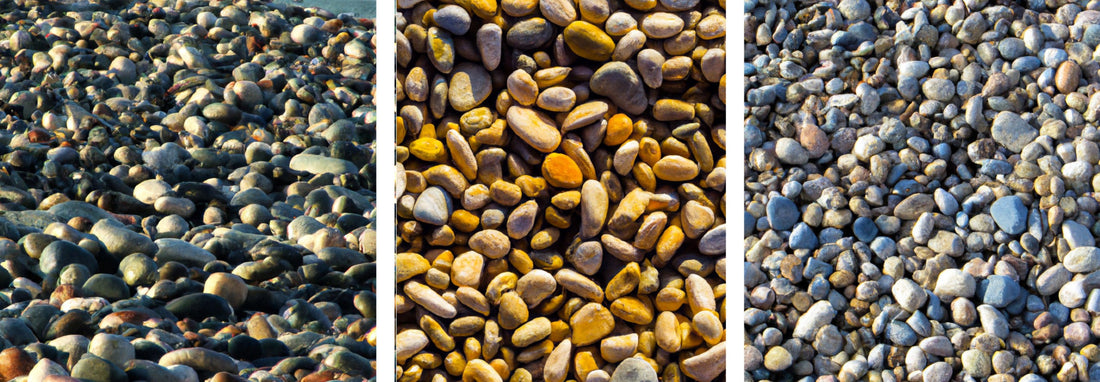Choosing a low-pressure plastic wheel for rolling on cobbles and gravel has several advantages:
-
Buoyancy: Plastic low-pressure wheels, with their wider design and reduced pressure, provide better buoyancy on loose surfaces like cobbles and gravel. They reduce the sinking of the vehicle into the ground, allowing better traction and more stable driving.
-
Grip: Plastic low-pressure wheels are often fitted with special tread patterns or lugs designed for increased grip on rough and uneven surfaces. These features improve traction, reduce the risk of skidding and increase vehicle stability.
-
Shock Absorption: The soft plastic used in the low pressure wheels provides some flexibility to help absorb shock and vibration when riding on cobbles and gravel. This improves ride comfort and reduces the impact felt by the driver.
-
Wear Resistance: Plastic wheels are generally wear resistant and can better withstand harsh conditions found on abrasive surfaces like cobbles and gravel. They are less likely to suffer damage or wear out prematurely, which contributes to their durability.
-
Lightweight: Plastic low-pressure wheels are often lighter than metal or rubber wheels, reducing overall vehicle weight. This can aid in handling and decrease the load on the vehicle's suspension.
It should be noted that the choice of wheels will also depend on the type of vehicle and the activity carried out.

